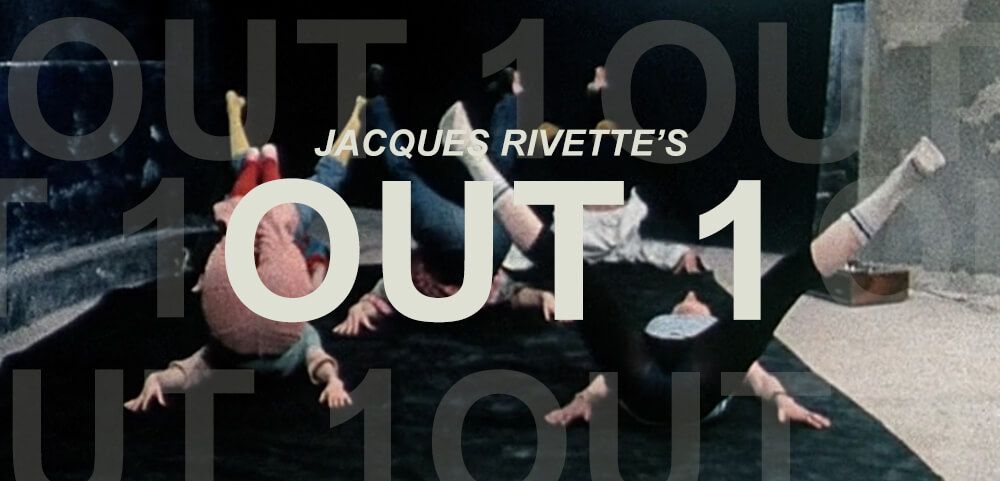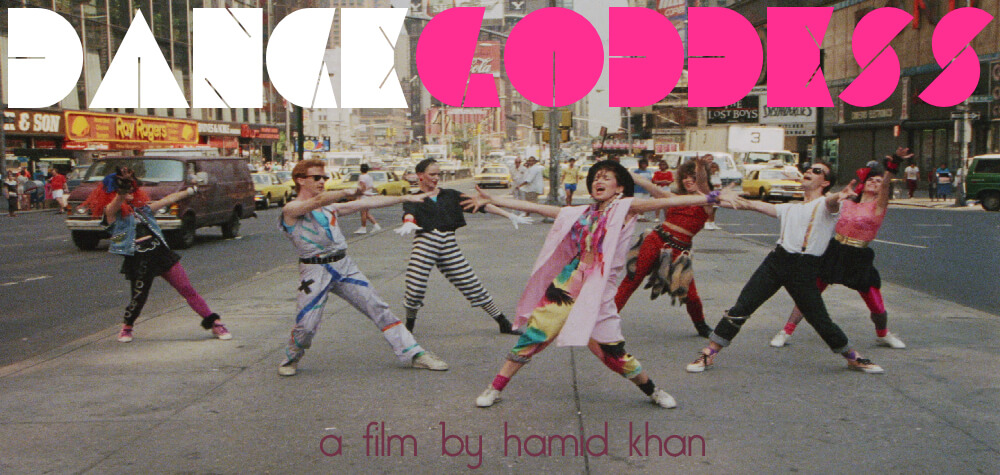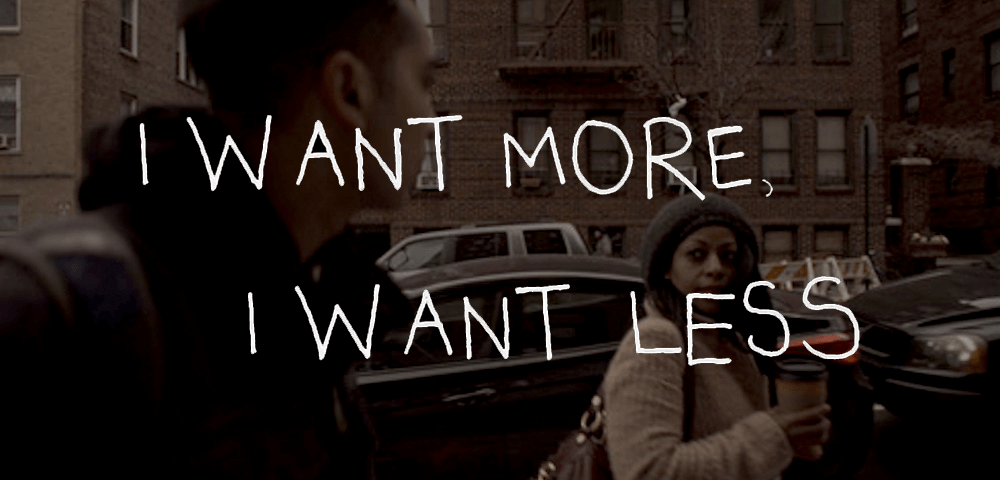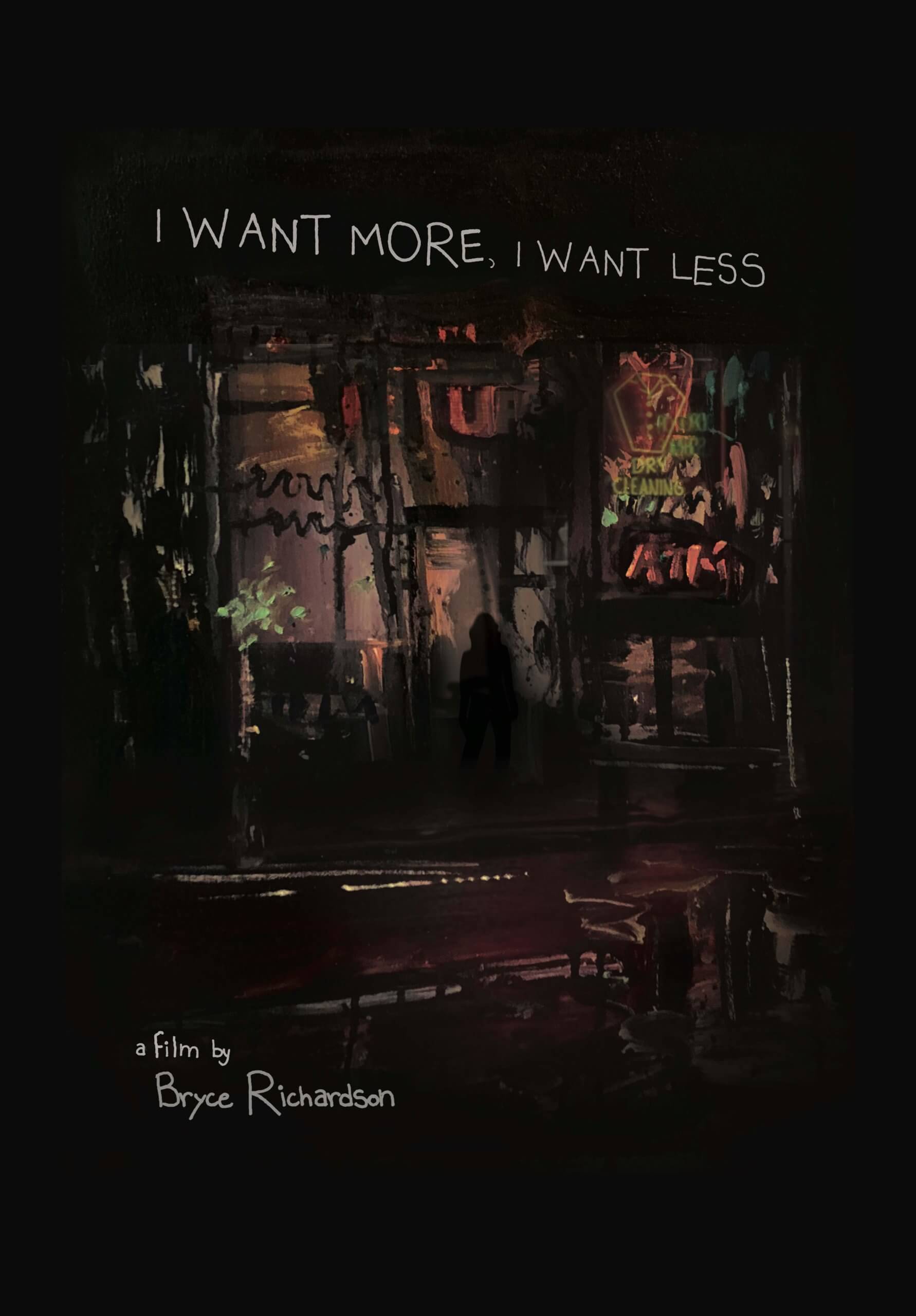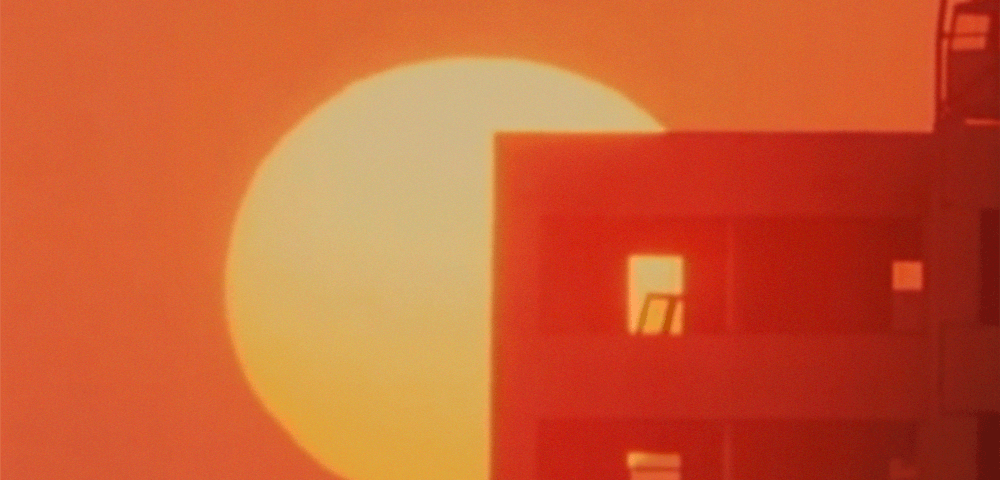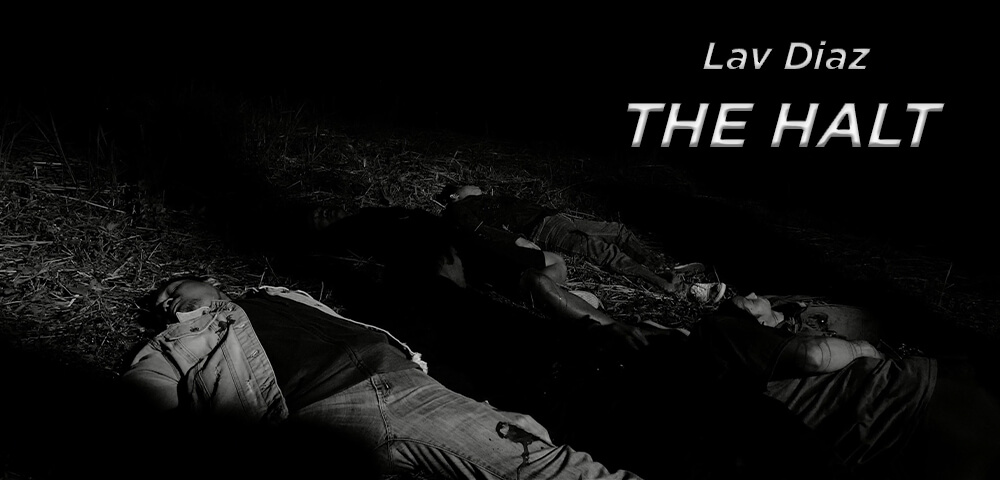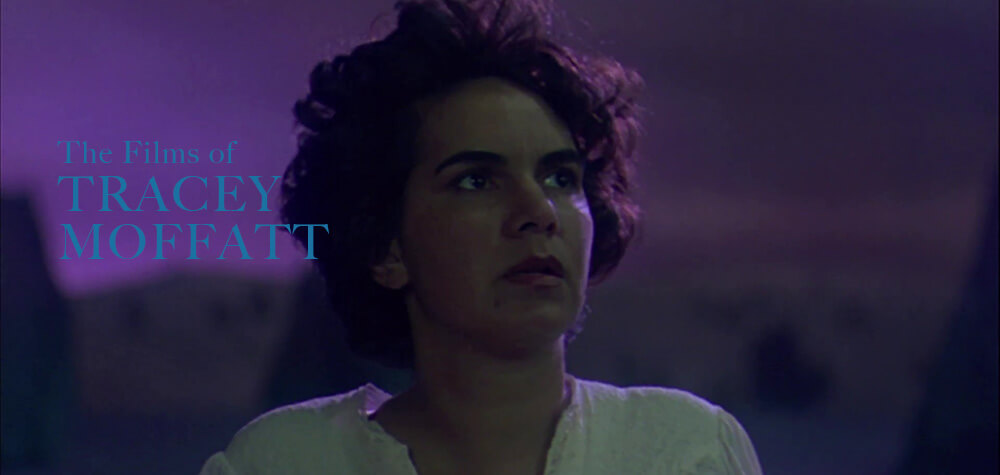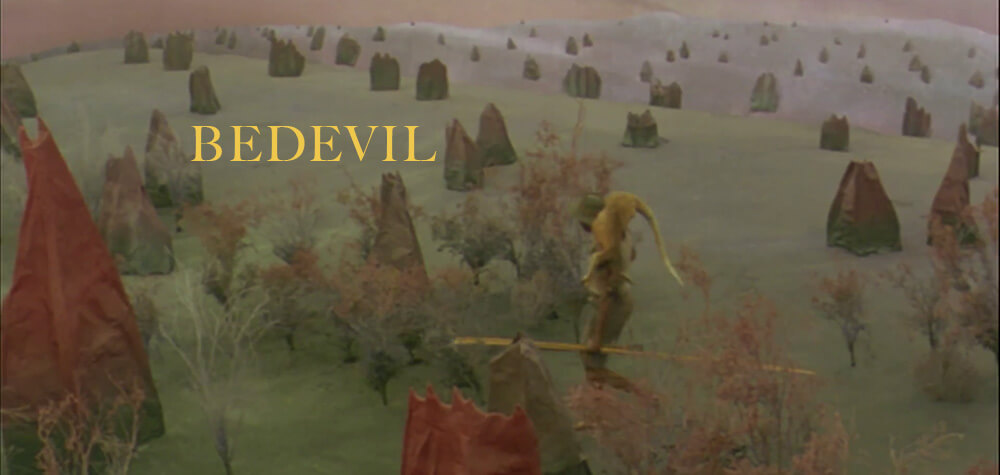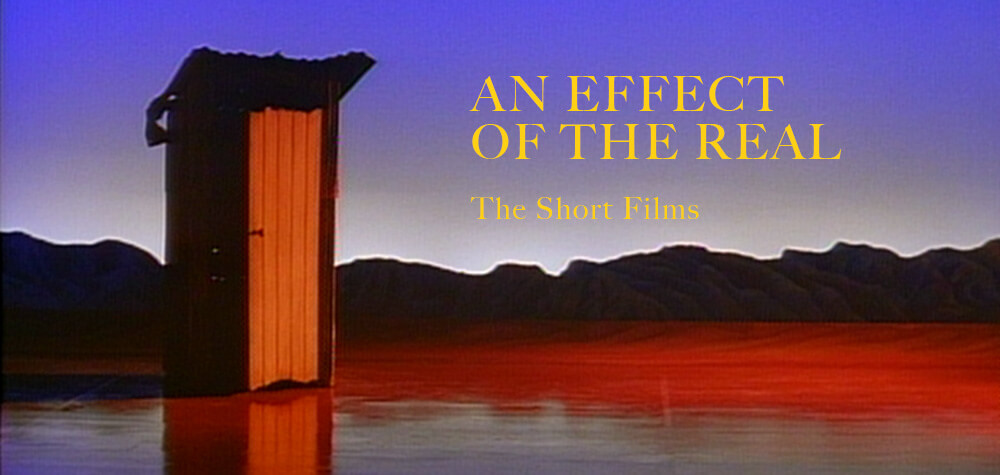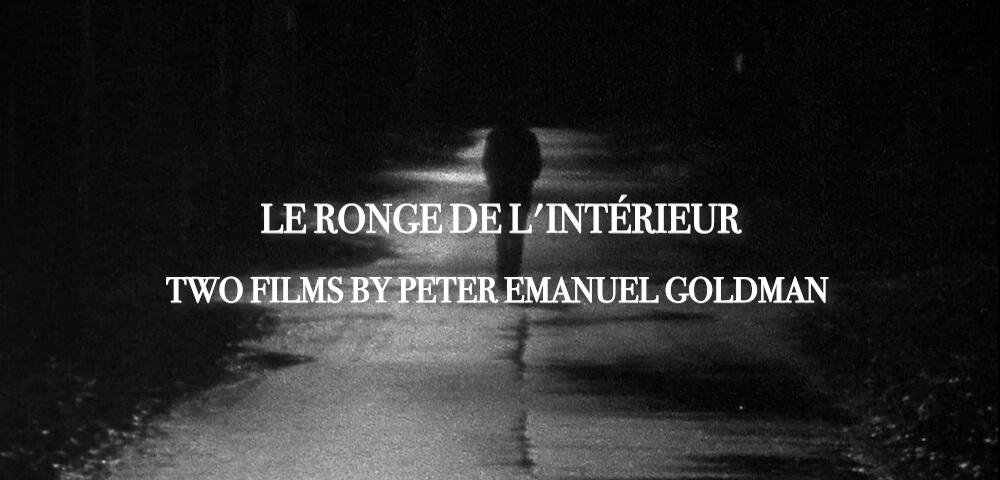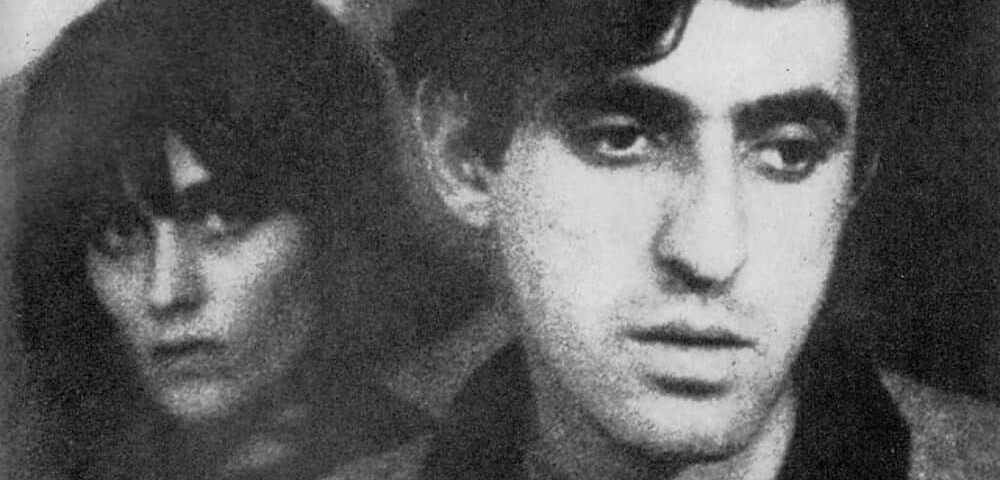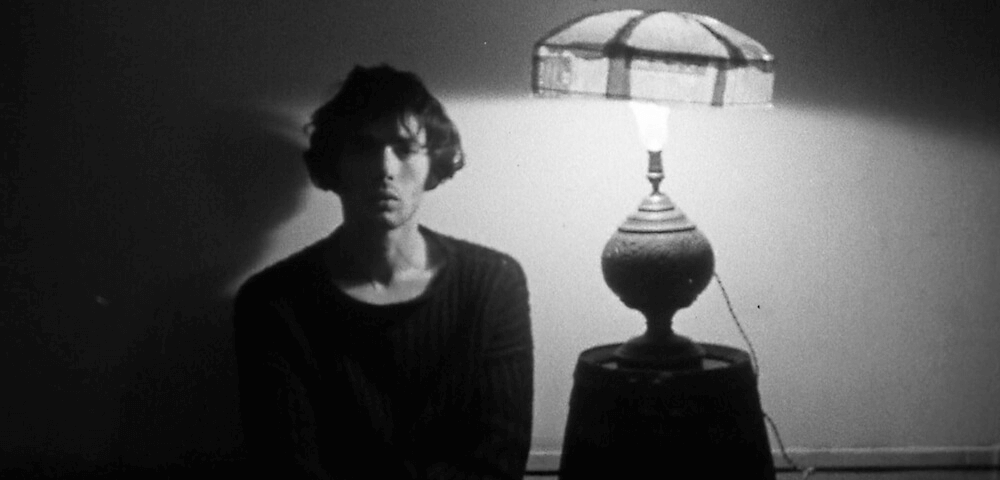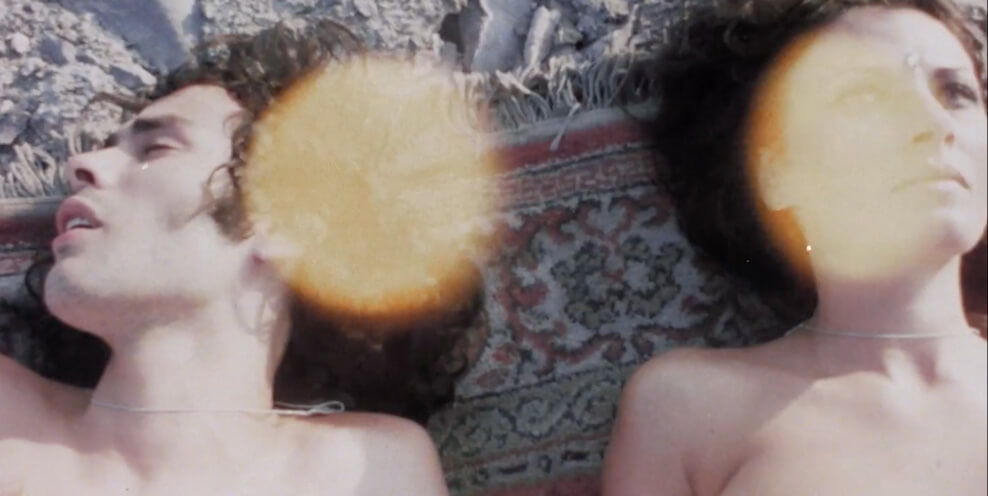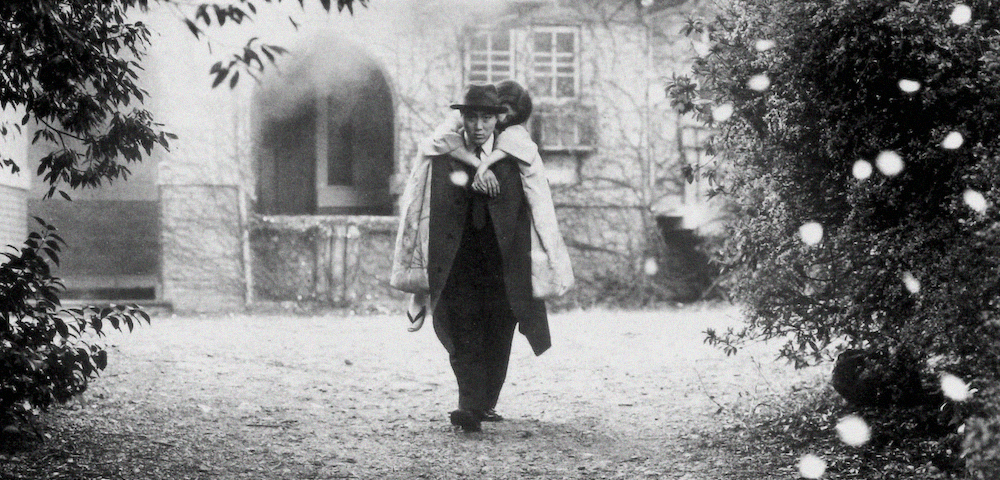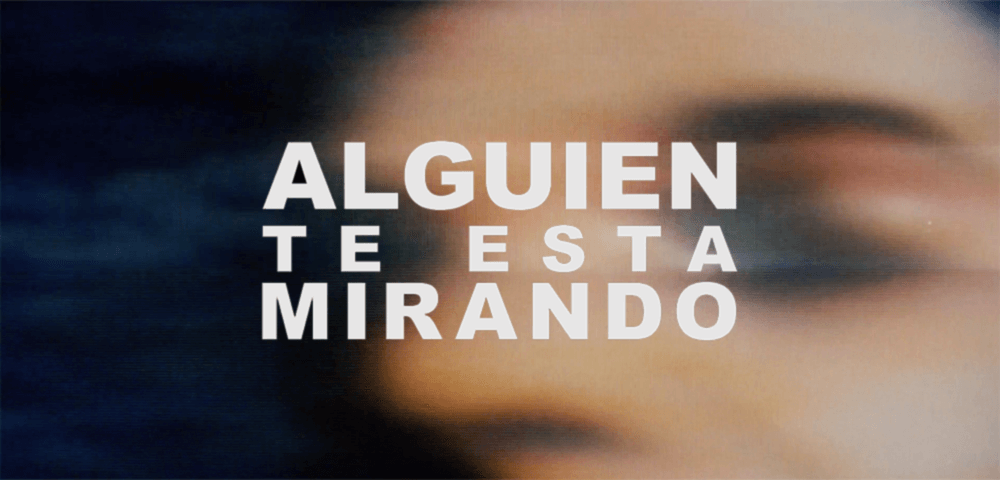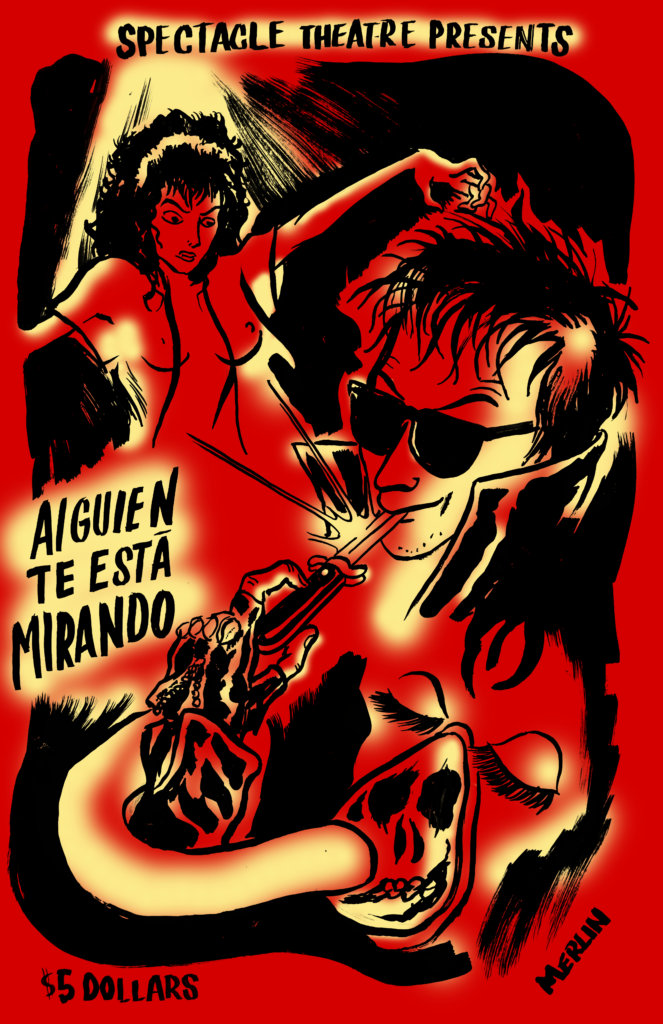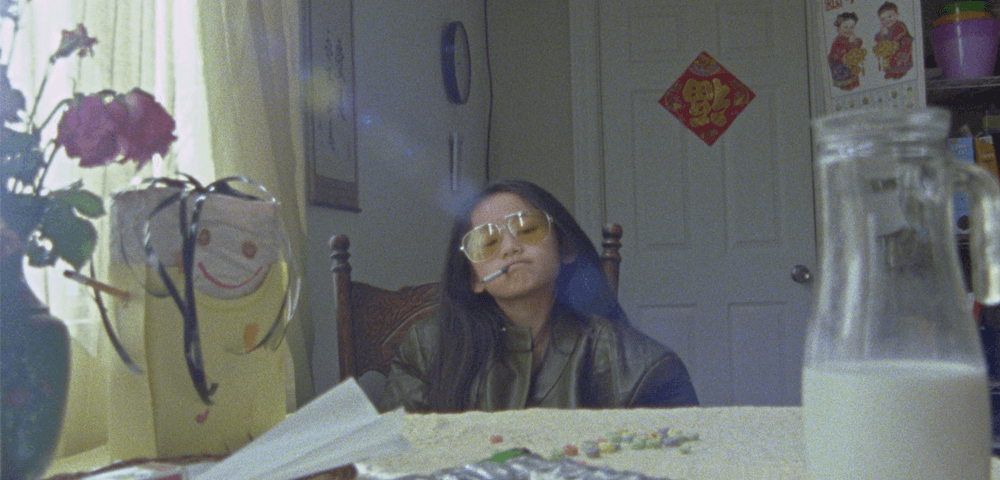
WHO WILL START ANOTHER FIRE
dirs. Nicole Amani Magabo Kiggundu, Jermaine Manigault, Olive Nwosu, Nicole Otero, Emily Packer & Lesley Steele, Faye Ruiz, Samira Saraya, Peier Tracy Shen & Alex Westfall, 2021.
130 mins. Israel-Palestine/Nigeria/Philippines/United States/Uganda.
In various languages with English subtitles.
FRIDAY, SEPTEMBER 17 – 7PM ONLINE and IRL with filmmaker Jermaine Manigault in person for Q&A
SATURDAY, SEPTEMBER 18 – 7PM ONLINE and IRL with filmmakers Emily Packer and Lesley Steele in person for Q&A
An omnibus film featuring nine works by emerging filmmakers of color, WHO WILL START ANOTHER FIRE is the inaugural project of Dedza Films, a distribution initiative focused on showcasing underrepresented communities and the next wave of international storytellers. The collection’s title alludes to Malawian poet Jack Mapanje’s Before Chilembwe Tree (1981), in which he asks, “Who will start another fire?”, in other words, who will be the face of the next revolution? By omitting the question mark but retaining his language, the film proposes an answer to his question.
PEIER “TRACY” SHEN is a Chinese writer-director currently based in Los Angeles. Her shorts were selected to GSA BAFTA Student Shortlist and Oscar-qualifying festivals such as Cleveland, LA Shorts, St. Louis, Nashville, and Cinequest, among others. Her feature screenplay A GRADUATION is selected to participate in the Cine Qua Non Script Revision Lab, sponsored by IMCINE and the Academy. She is also a member of the BAFTA LA Newcomers Program 2021. She graduated with honors from Columbia University, with a double major in English and Film & Media Studies, and recently obtained her MFA in Directing from the AFI Conservatory. She’s drawn to the incommunicable– the unexamined memories that shape a person, the nebulous connections between strangers, and the unconquerable distance between cultures and classes. Her characters, somehow always out of place, are set to embark on the challenging task of finding themselves in the world. Peier is currently in development of the feature LIKE FLYING, a coming-of-age dramedy about a young Chinese girl confronting her first heartbreaks at an English language camp in the U.S.
NICOLE AMANI MAGABO KIGGUNDU is a Ugandan-American writer, director, producer and journalist. Family Tree was inspired by the ambivalent nature of family. Nicole is currently writing a play about a past Ugandan president and his prime minister, and is developing her first feature, GOOD GIRL, about a woman’s struggle to choose between her truth and family.
OLIVE NWOSU (born in Lagos, Nigeria) is a BAFTA LA 2020 scholar, Alex Sichel Fellow at Columbia University School of the Arts, and one of four ‘African Promises’ directors selected for the Institut Français’ Africa-2020 program. Olive studied documentary filmmaking in Prague and worked in advertising in London, before moving to New York to attend Columbia University School of the Arts, where she will receive an MFA in Screenwriting and Directing. Her short film TROUBLEMAKER has received the Best Student Film Award at Discover Film Festival in London, and played as part of the African Perspectives Section at Clermont-Ferrand International Short Film Festival. Olive’s work is generally informed by the fragmentary nature of her experiences across various continents and identities. Themes typically focus on the place of the outsider and the African, challenging the status quo of whom and what we have grown accustomed to seeing on screen.
SAMIRA SARAYA is a Palestinian actor, writer, and director currently based in Tel Aviv. In her early twenties, Saraya began performing in drag as an LGBTQ+ activist, and was making her living as a hospital nurse. Saraya’s first career breakthrough occurred in 2011 when she landed a lead role in the successful Israeli TV show Minimum Wage, and has since continued acting in critically acclaimed films and TV shows— most notably, Fauda, the hit Israeli TV drama. For her 2017 performance in DEATH OF A POETESS, Saraya won the Best Actress Award at the Jerusalem Film Festival and won the Honorable Mention award for her short Polygraph in 2020 at TLVFest, Tel Aviv’s International LGBT Film Festival. Saraya has a graduate degree in directing from Tel Aviv University, and made her directing debut with Polygraph in 2020, which features the first openly lesbian relationship in Palestinian cinema.
FAYE RUIZ is a filmmaker based in Tucson, AZ. Her filmmaking is guided primarily by her experiences as a Latinx trans woman. Her interests lie first and foremost in telling the stories of trans women of color by unraveling the stereotypes, falsities and all things that flatten the lives of these women as they exist in fiction. In her work, she aims to express all the things that are contradictory, messy, fun and human about the trans experience. Finding new ways to push the boundaries of what trans narratives can mean is what drives her to make films.
EMILY PACKER is an experimental non-fiction filmmaker with an interest in border culture and geography. Emily was a fellow in the 2018-2019 Collaborative Studio at UnionDocs in Brooklyn, and is a proud alumna of the anomalous Hampshire College. Her work has been screened across the country, including at Anthology Film Archives, BlackStar Film Festival, DOCNYC, and others, including a three-day border art event that she organized in San Diego-Tijuana called “Arte on the Line”. In addition to her independent work, Emily is a freelance editor, producer, and serves on programming committees for film festivals in New York City. Emily collects voicemails for future use; consider yourself notified.
LESLEY STEELE is a visual storyteller with a background in video & film production and digital design. Originally a New York City native from The Bronx, Lesley obtained a BFA in Design Technology from Parsons The New School for Design, as well as a Masters in Directing from the School of Visual Arts. She writes, directs and edits short and long-form videos. Inspired by avant-garde experimental film, her work reflects the juxtaposition of mediums, including 16mm and analog tape, to explore new meaning in the moving image. Previously, Lesley has worked as a Shooter and Editor for Genius News, and a Digital Designer at MTV & Nickelodeon, Buzzfeed and HB.
ALEX WESTFALL (b. 1997, Manila, Philippines) is a visual artist interested in constructing inner worlds, interrogating cultural histories, and the relationship between dreams and memory. She graduated from Brown University in 2020 with a BA in Modern Culture & Media and is an alumna of the Telluride Film Festival Student Symposium.
NICOLE OTERO is a writer, director and editor. Her directorial debut SLIP screened in the shorts program at the 2019 Indie Memphis Film Festival. Nicole also shot and edited an experimental documentary on artist and founder of the Underground Museum, Noah Davis in 2016. Untitled: In Process was exhibited at the Frye Museum in Seattle and the California College of the Arts in San Francisco. Nicole has also edited several works for major museum exhibitions including the Museum of Modern Art (MoMA), the New Museum in New York, the Hammer Museum in Los Angeles, and more.
JERMAINE MANIGAULT (b. 1991, Queens, New York) is an African-American director, screenwriter, and producer. The son of a New York dancer and a Philadelphia writer, Jermaine studied Psychology and Film Studies while working on sets as a production assistant. While a PA, Jermaine began to write and experiment with visuals and courted investors for his debut short film, Language is Dead (2017). Starring James Physick and Academy Award® Nominee Kim Krizan, the film follows a man who seeks the aid of a therapist after questioning the validity of words when they fail to describe his emotions. It went on to win the Audience Choice Award for Best Short Film in New York at the Kew Gardens Festival of Cinema, and Best Screenplay at the Sydney Indie Film Festival in Sydney, Australia. After returning from the European Premiere of Language is Dead at the Four Seasons Film Festival in London in 2018, Jermaine traveled to Charleston, South Carolina to visit multiple slave plantations while writing his second short film, NOT BLACK ENOUGH (2020). The film garnered a mention in The New York Times before its debut last fall and has thus far screened at 5 international festivals (3 Oscar & 4 BAFTA-Qualifying). In 2018, Jermaine launched 30 Hours Productions, a production company dedicated to illuminating the stories of underrepresented groups. As an active NAACP member, he created the Young Black Creators Initiative, a mentorship program for Black youths who will be invited to the set of all films produced by the company in an attempt to educate them on the wide range of roles behind the camera to help empower them when deciding a career path. Jermaine is currently writing the script for his debut feature film.
